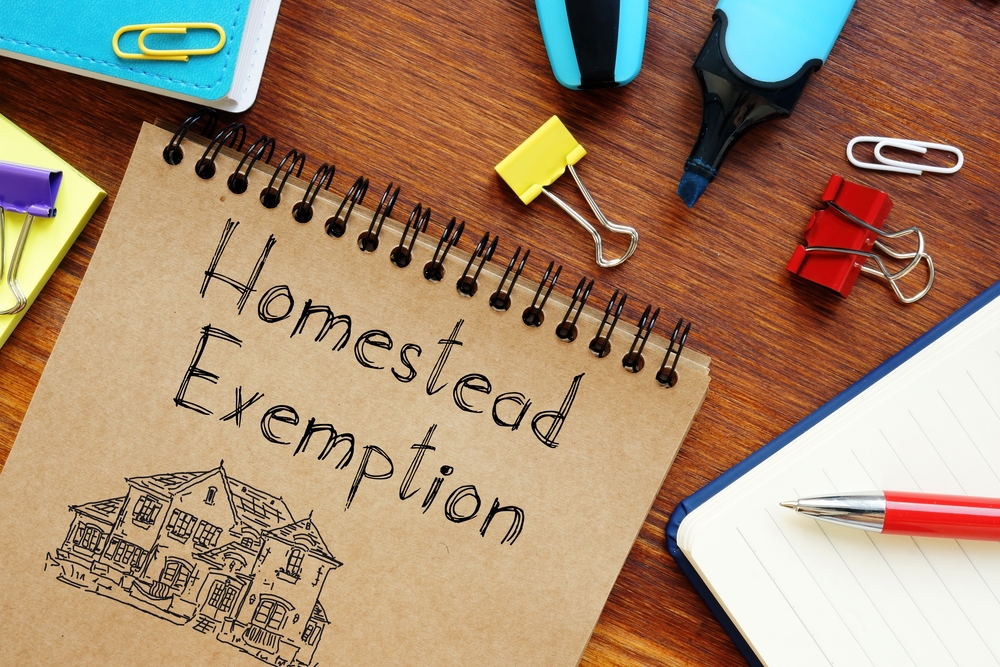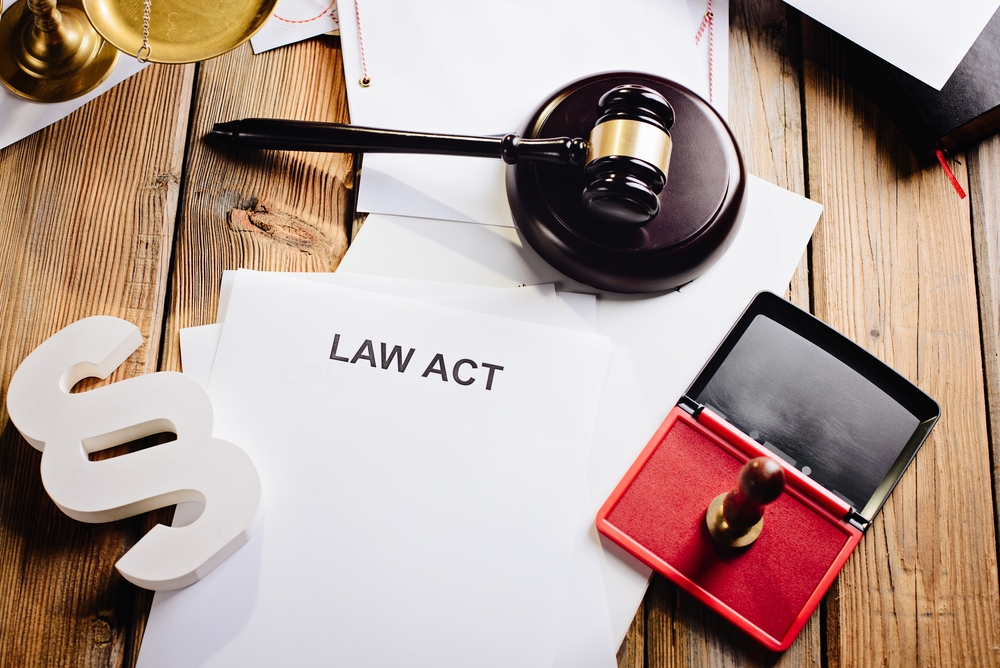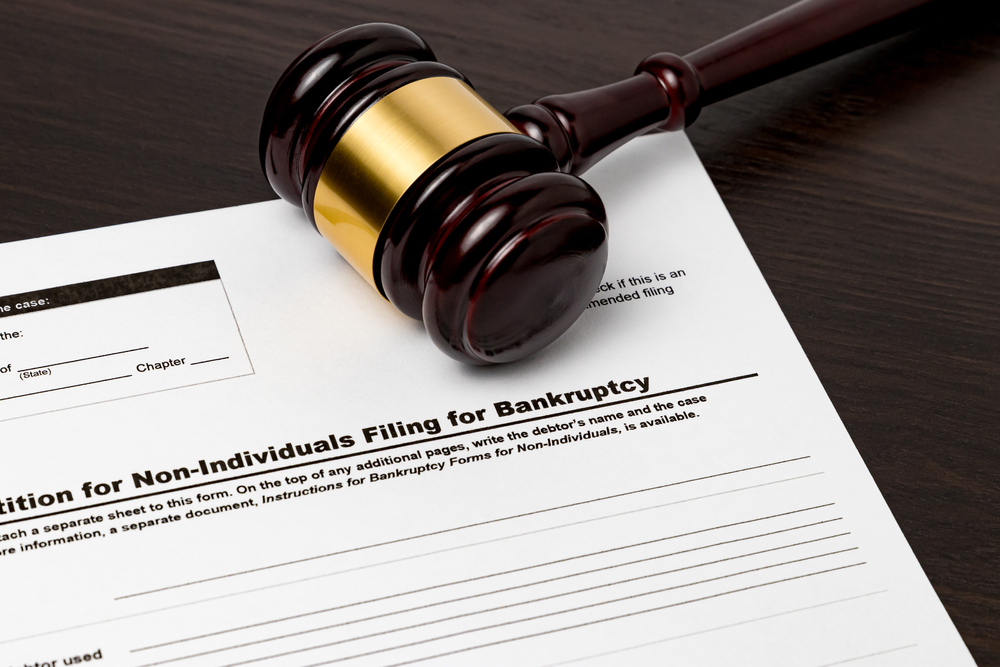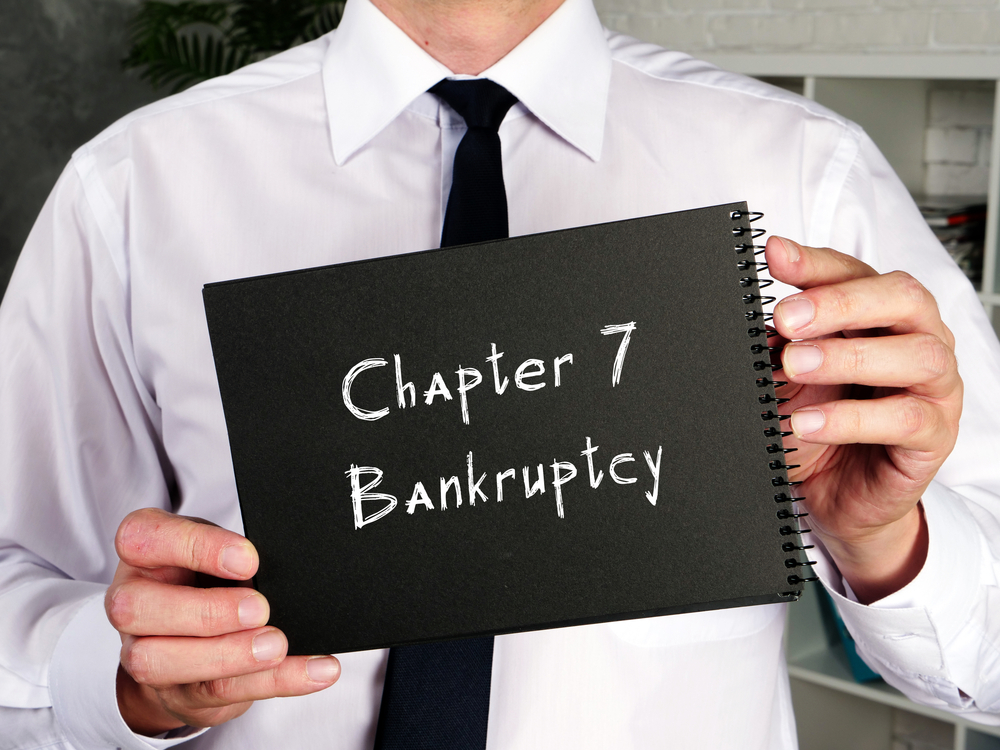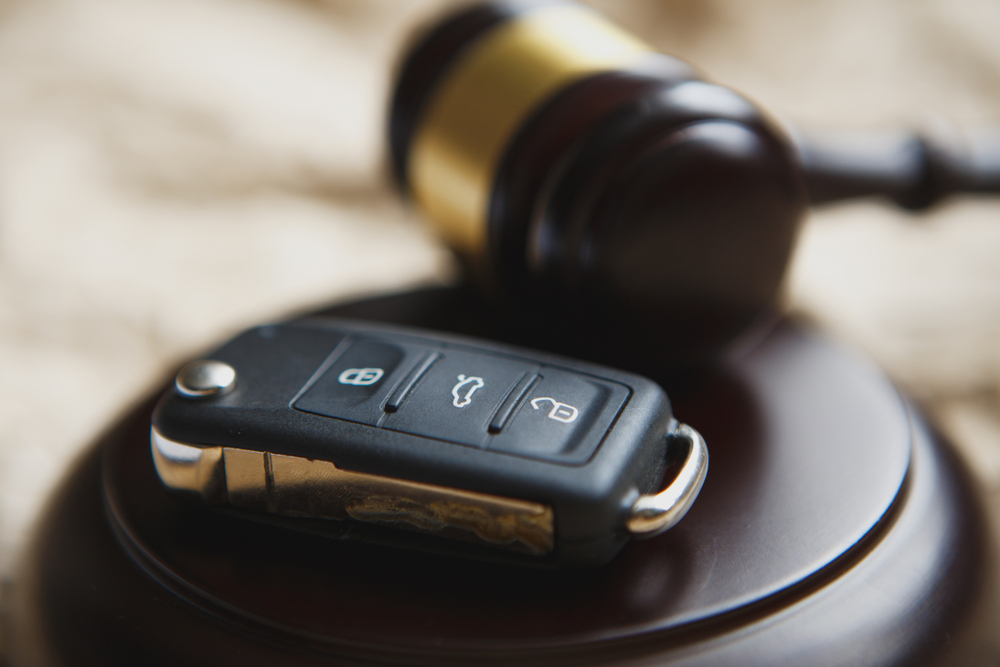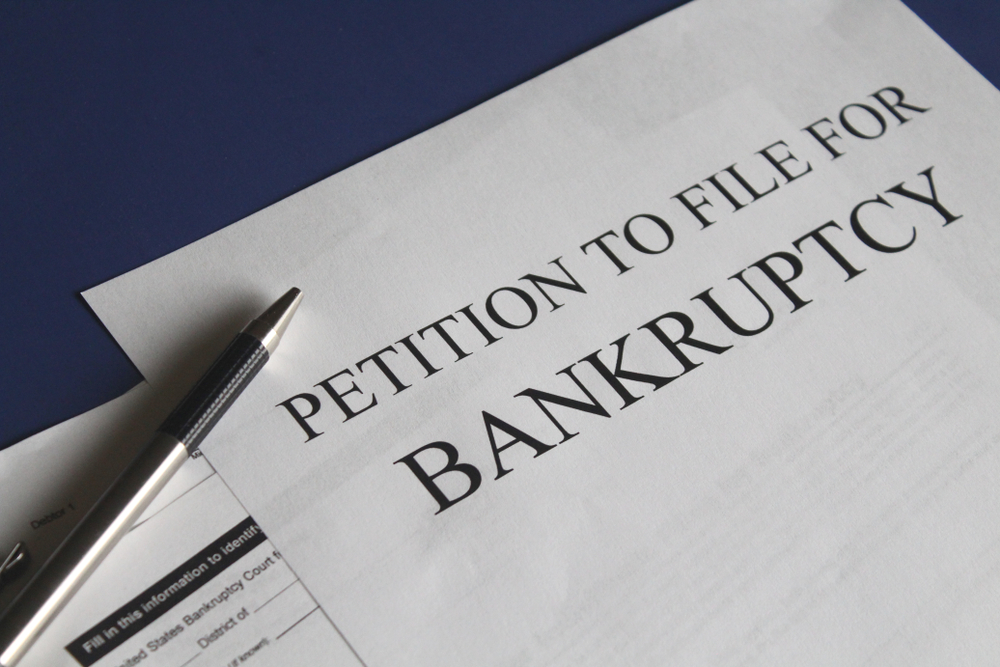Will I be able to keep my house when I file for bankruptcy? It’s a common concern that you may wonder about as you are making preparations to file for bankruptcy. It could be that you are facing a daunting foreclosure and want to file for bankruptcy in order to save your house. Or, you could have a perfect record with your mortgage company because you have always made your mortgage payments on time, and you do not want the bankruptcy to affect that and cause you to lose your house. These are all valid concerns that many people who file for bankruptcy have.
After filing for bankruptcy, you will be able to keep your house, regardless of whether you file a Chapter 7 or a Chapter 13 bankruptcy, so long as you keep making your mortgage payments on time. If you are paying your mortgage company on time, then you can rest assured that you will be able to keep your house during the bankruptcy. You see, when you file for bankruptcy, your attorney who is helping you file your case, will apply one of two different laws to protect all of your assets – federal law or state law. The type of law that is applied to your case depends in part on whether you own a house with a significant amount of equity, or whether you are renting a house or an apartment. Federal law will be applied to protect your house and all of your assets, if the equity in your house falls within the threshold value allowed by the homestead federal statute. If the equity in your house exceeds that value, then Minnesota state law will be applied instead. The reason that federal law is usually favored, is because federal law has a wildcard provision that protects up to $13,900 worth of assets. This provision provides greater protection is protecting all of your assets. Therefore, your house is protected, whether federal or state law is applied, so long as you continue to make your mortgage payments.


